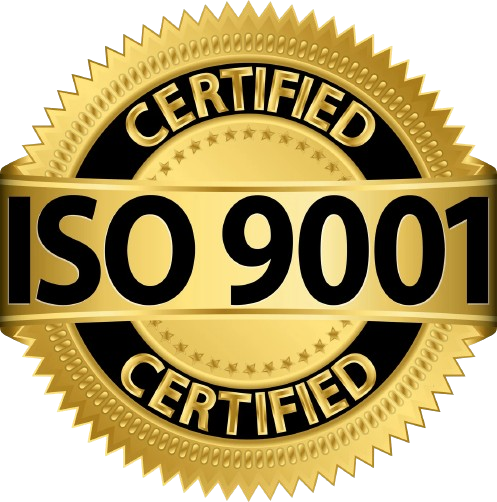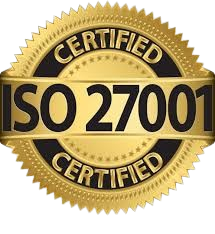What Is Employee State Insurance Corporation?
Units or Establishments that have 10 or more employees, drawing the wages of up to Rs.15,000 a month are required to be registered for ESIC under the ESI Act 1948. The benefits provided by the scheme are funded from the contributions raised from covered employees and their employers at the fixed percentage of wages. At present, covered employees contribute 1.75% of the wages to the ESIC and covered employers contribute 4.75% of the wages, payable to their employees. The state government also contribute 1/8th share cost of medical benefit. ESI Registration is done through TaxOSmart.

What Is Included In Our Package?
Establishments or Factories must get themselves registered within 15 days of the Act becoming applicable to them by submitting an Employer's Registration Form (Form-01) to the relevant Regional Office.
A 17-digit identification number called the Code number will be provided which must be used in all Correspondence relating to the Scheme. Form 3 (Return on Declaration) must also be submitted along with Form 1.
At the time of joining the insurable employment, employees are required to fill in a Declaration Form (Form1) and submit two copies of a family photo to the employer, which must be submitted to the relevant ESI Branch Office by his employer.
The employee will then be allotted an insurance number for the purpose of his identification under the scheme.
The employees will also be issued a temporary identity card for availing medical benefit for him/herself and his/her family for a duration of three months.
Thereafter, he will be provided with a permanent photo identity card. A person once registered need not register again when there is a change of employment. The same registration can be transferred from one employment to another.
Advantages Of ESI Registration
Complete Medical Benefits
Provides comprehensive medical care for employees and their families.
Includes Dependants
The coverage extends to dependants, ensuring their healthcare needs are met.
Used at ESI Dispensaries
Employees can avail medical services at various ESI dispensaries and hospitals.
Reimbursement for Payments
Any medical payments made can be reimbursed under the ESI scheme.
Supports Disabled Employees
The scheme takes into account the specific needs of disabled employees.
Access to Medical Care
Employees have access to medical care in designated ESI dispensaries and hospitals.
Eligibility for ESIC Registration
- Mandatory for 10+ employees (20+ in MH & CH).
- Covers salaries under ₹21K (₹25K for disabled).
- Employee pays 1.75%, employer 4.75%.
- No contribution if wage ≤ ₹50/day (employer still pays).
- Employers must register with ESIC promptly.
Concerns related ESIC Register
- Funded by employer & employee monthly.
- States contribute 1/8th for medical benefits.
- Covers shops, hotels, cinemas, transport, etc.
- Some states need 20+ staff; few exclude institutions.
- Non-payment of deducted dues is a criminal offense.






